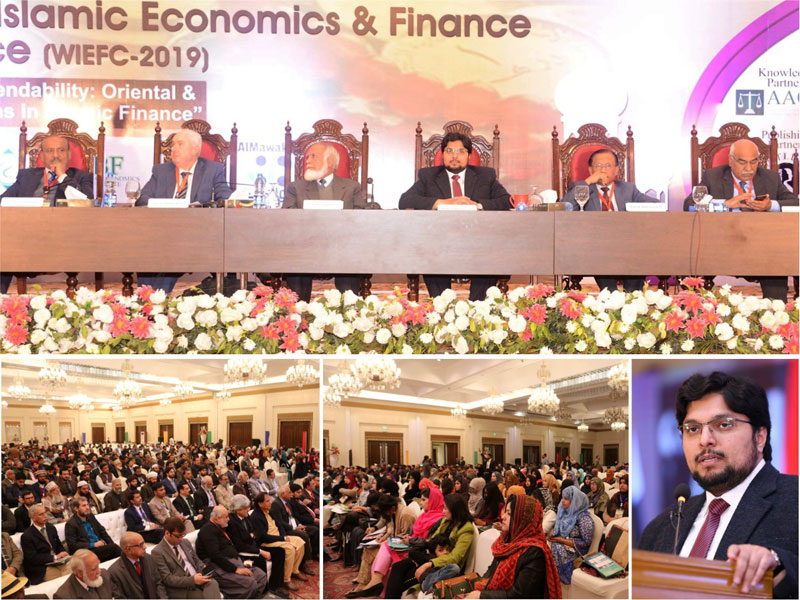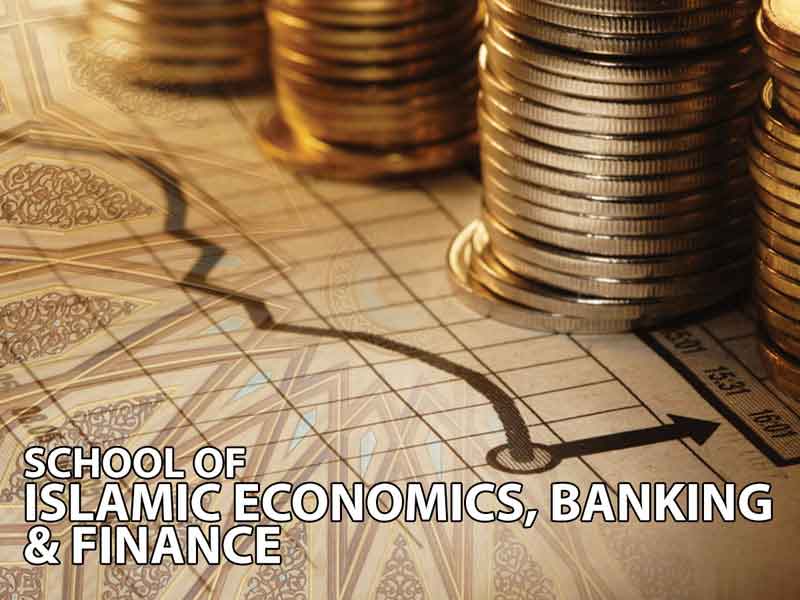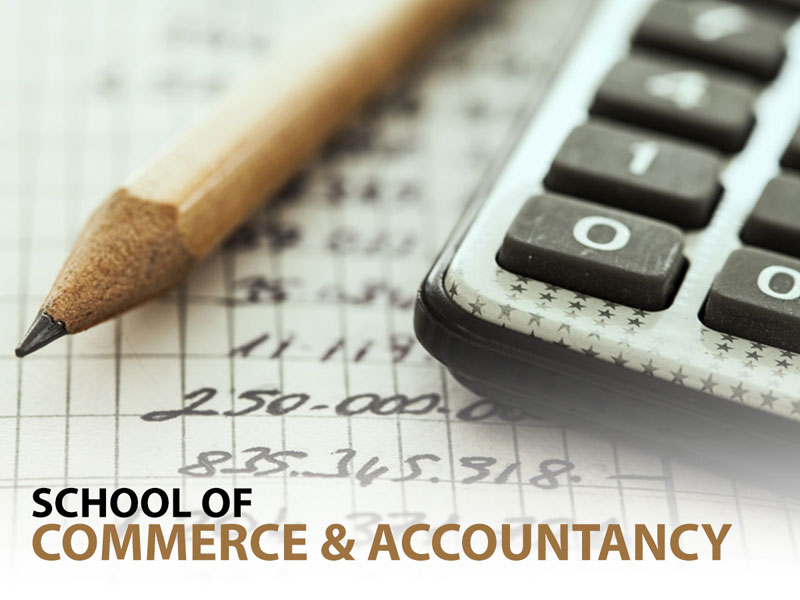
2nd World Islamic Economic and Finance Conference (WIEFC) held under the aegis of Minhaj University Lahore (MUL) begins at a local hotel here on Saturday The theme of this conference was titled as “Adaptability and Dependability: Oriental and Empirical Innovations in Islamic Finance”. The conference was well attended by national as well as foreign experts of economy, high ups of business and banking circles, investors, traders and students and research fellows of various academic and financial institutions.
The first session presided by the Deputy Chairman, Board of Governors, MUL was included a book launching ceremony of the book authored by him, “Islami Ikhlaqiat-e-Tijart (Urdu version of “Business Ethics in Islam”, life time awards giving to the eminent personality for their services in the field of Islamic Banking, Finance and Economy; and a presentation on fine tech solutions for “A Halal (Tayyab)/Human and Value based Economic Behaviour” by Fingel Global Canada.
The conference included speeches, paper presentations and penal discussions by eminent local and foreign experts including, Prof. Dr. Rodney Wilson, Professor Emeritus at Durham University and INCEIF, Pro. Dr. M. Ishaque Bhatti, Director Islamic Banking and Finance Programme, La Trobe University, Australia, Dr Mughees Shaukat, Head of Islamic Finance, College of Banking and Financial Studies, Central Bank of Oman, Dr. waqar Masood, former Federal Secretary Finance, Govt. of Pakistan, Dr Nadeem ul Haque, former VC PIDE Quaid-e-Azam University, Islamabad, Dr Humayun Dar, DG Cambridge Institute of Islamic Finance, UK among many other scholars of international repute.
The topics discussed during the first day of conference include, Lessons from Global Experiences, Inclusive Financial Development, Economic analysis of Islamic Banking and Finance, and Regulation and Stability of Islamic Banking and Finance.
Dr Toseef Azid, Professor of Economics at Qassim University Saudi Arabia while addressing the conference said that the Islamic economic system is based on justice, Ihsn, Sila –i-raham, love and it creates the environment where everyone looks after each other. According to the teachings of Islam all Muslimss are brothers and Muslim Ummah is just like one body. If any part of the body feels pain the whole body feels it. The same rule can be applied in the debt market. He elaborated the different cases where debt and its instruments are harmful for the society and where these will work for the protection and construction of Islamic community.
Dr Maryam Dikko, from Ahmedu Bella University Zaria, Nigeria while talking on Corporate Governance and Takaful stressed the need for the formation of corporate governance structure that could address the separation of shareholders and Takaful operators and participants.
Muhammad Ayub from Riphah International University Islamabad while expressing his views on Linking Islamic Finance to Real Economy said that the major strength of Islamic economy lies in the total ban on interest, Gharar/ short selling. He urged the Islamic finance scholars and the practitioners to ensure linking the finance with real business and said that it’s only possible when they confine themselves to financing the real business and production sectors and avoid all means of earning money from money.






Comments